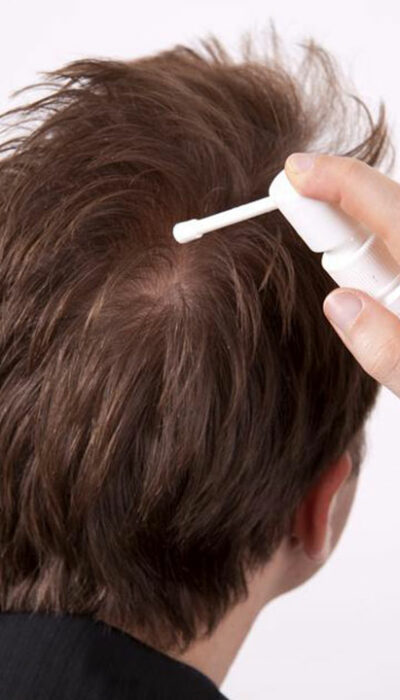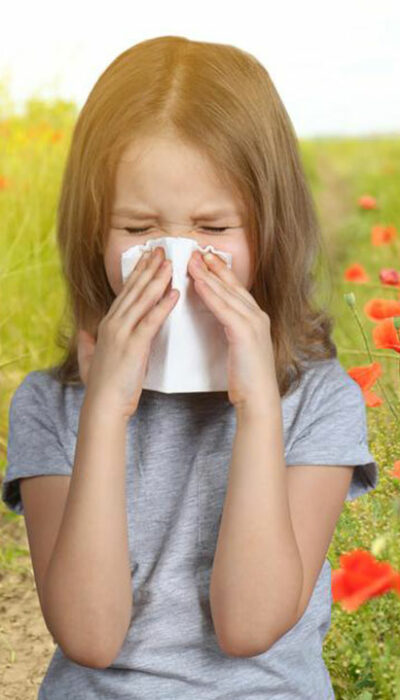
Eight Effective Tips for Managing Dry Facial Skin
Among all types of skin textures, dry skin is one of the toughest to handle. Apart from people who naturally have flaky skin, most people will experience dryness as the winter approaches resulting in dullness, pigmentation, and itchiness on the face. Naturally, you have to alter your skin care ritual as season transitions. However, a skin care regime is influenced by a range of factors such as age, gender, skin type, skin concerns, and preferences. So, it is apparent that an identical skin care system or a single product will not work for all individuals. However, you can take a number of measures that can help you achieve revitalized skin even in winters. Following are some helpful dry skin care tips you can incorporate in your daily skincare ritual. Since the facial skin is sensitive, these mostly focus on using the right elements for cleansing and moisturizing. Coconut oil – If you don’t like using manufactured products, then you can use coconut oil to hydrate your skin. Just take a few drops of the oil and apply it to your face before bedtime. Apart from moisturizing, coconut oil is also an excellent makeup remover which gets rid of all the grime from your face. Likewise, it also has antibacterial properties which curb infections such as breakouts and tackles premature aging and wrinkling of the skin. Milk – Do you have sensitive skin? Then try milk instead of chemical face washes and creams. Apply some cold milk and oats on your face and wipe it away with cotton. You can also combine milk with turmeric to fight lifeless skin. Apart from nurturing the skin, milk also is an excellent dry skin care tip for slowing down fine lines and managing sunburn. However, ensure you only use milk if you don’t suffer from acne.


